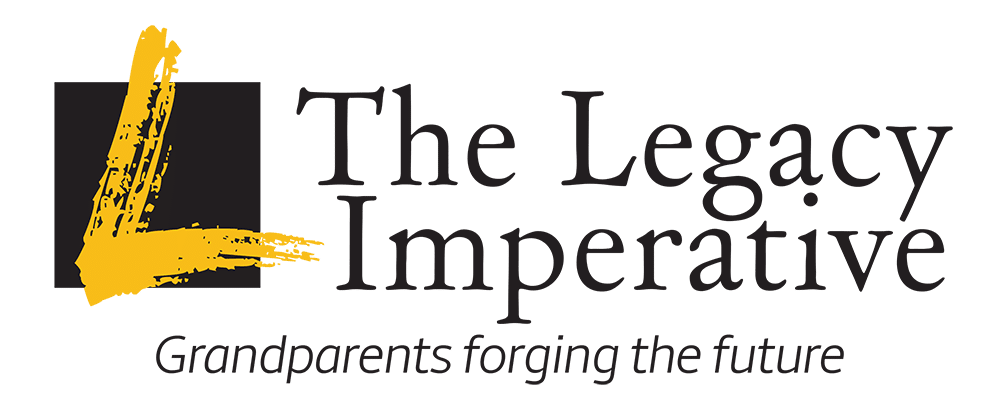Laying Down Memorial Stones
Memorials are essential because the present without a past erases the future.
Boomers may remember this golden oldie from Sam Cooke: “Don’t Know Much About History.” He could have been singing about today’s kids. In a January 21, 2017 New York Post article, “Why schools have stopped teaching American history,” Karol Markowicz cites studies that show an abysmal 18 percent of high schoolers are proficient in our history. Eighth graders are functionally illiterate when it comes to history, geography and civics. A University of North Carolina study found that 88 percent of elementary school teachers consider history to be a low priority. Ms. Markowicz discovered that history is neglected because most teachers don’t know it.
Sam Cooke sings that, even though he doesn’t know much about history, if he has his gal “what a wonderful world this would be.” The ancient Jews would disagree with Mr. Cooke, as would our Father in heaven. History is really His Story. The Bible and every other history book chronicles His Story. Your personal story is His Story. So are all the stories of faith, family, and country.
With all respect to the legendary Sam Cooke, when we don’t know much about history, the world is never wonderful. But Memorial Day is. Like Christmas, Easter, Thanksgiving, July 4th , Martin Luther King Day, and other times of remembrance, this day has been set aside for us to recall history. Today, we celebrate the fact that we stand on the shoulders of giants who have gone before us. We recall those who paid the ultimate price for our freedom at Bunker Hill, Gettysburg, Flanders Field, the Beaches of Normandy, Pork Chop Hill, the Mekong Delta, Iraq, Afghanistan, and a thousand other slaughterhouses.
The ancient Jews understood the importance of memorials. When they arrived at the entrance to the Promised Land, the Jordan River was a raging flood. Unless God performed the same kind of miracle he did at the Red Sea, the Israelites couldn’t cross over to Canaan. So, the Lord tested their faith by commanding the priests to carry the Ark of the Covenant into that rampaging torrent. Imagine the courage it took to step into the boiling cauldron. But, the moment they did, God miraculously backed up the Jordan—and 2.5 million Israelites, with their flocks and baggage, crossed over.
Before that flood came roaring back down, Joshua called out a man from each of the twelve tribes to carry a stone from the river bottom to the bank. Those twelve boulders were piled as a lasting memorial at this place called Gilgal—not only to God’s faithfulness, but to the heroic faith of those who stepped into the raging torrent. The Israeli general then told the people that they were to bring their children to this pile of stones for generations to come. At this memorial, they were to tell their young about the historical event that took place on a momentous day long ago.
At Gilgal, their children would discover their roots. They would also remember the omnipotent power of their LORD, and what can happen when ordinary people of God exhibit extraordinary faith in the face of overwhelming odds. It is only when they discover the roots of faith, family, and country, that our kids can take wing and fly into the future with confidence. As Randall Parker wrote, “A present without a past erases the future.” Memorials are visual reminders that the past shaped who we are today, and who we are now will shape our tomorrows.
It is up to those of us who still remember the stories of faith, family, and country to pass them on to our children and grandkids. To be silent is to erase their future. So, here’s the big question on this Memorial Day: are you laying down memorial stones for generations yet to come? May I suggest that those stones can be the stories you tell them: your personal story, stories that make up their family history, faith stories from the Bible and Christian history, and the stories of patriots who have fought and died for our nation. There are more stories waiting to be told than there are atoms in the universe.
At Legacy Imperative we believe that grandparents are called to forge the future. Plato said, “Those who tell the story rule society.” We don’t want to rule society. But we do want to influence it for the sake of those we love most. And, years from now, just as those ancient Israelites made pilgrimages back to that pile of memorial stones, your children and grandkids will revisit the stories you once told them—and take courage and faith to journey on into their future.
Dr. Bob Petterson
Legacy Imperative

